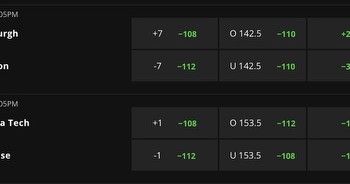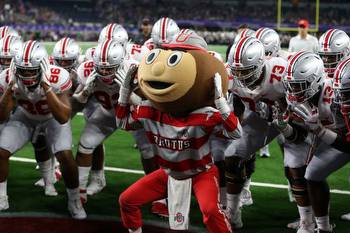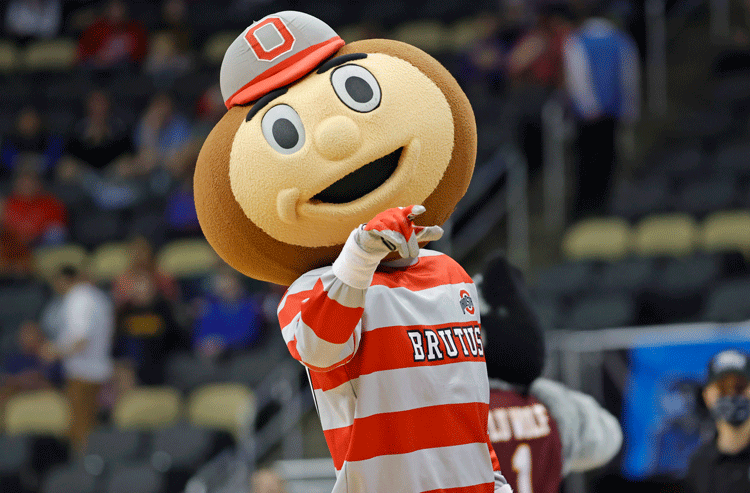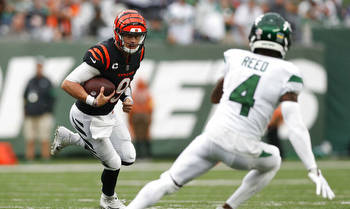Ohio Regulator Seeks Budget Bump as Sports Betting Concerns Emerge
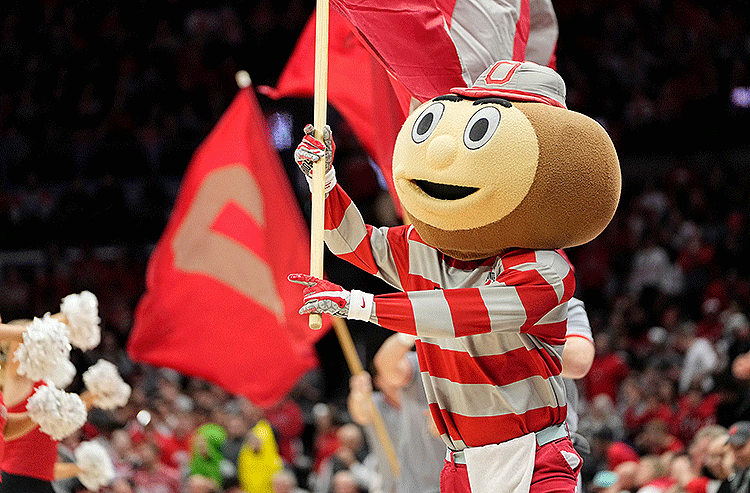
Advertising-related mishaps tied to the launch of legal sports betting in the Buckeye State have drawn scrutiny from Ohio lawmakers.
The regulator of retail and online sports betting sites in the Buckeye State is seeking a budget bump in connection with legal wagering in Ohio, which has recently attracted the attention of lawmakers after some early advertising issues.
An Ohio legislative subcommittee met Tuesday to hear testimony on a bill outlining the state’s proposed operating budget for its 2024 and 2025 fiscal years. Among other things, House Bill 33 would double the tax on retail and online sports betting sites in Ohio to 20% from 10% starting on July 1.
But the budget is not yet set in stone, and lawmakers have begun taking testimony from interested parties. One of those is the Ohio Casino Control Commission, which is requesting appropriation authority for $16.3 million for the 2024 fiscal year and $16.7 million for the 2025 fiscal year.
The requests work out to a 4.8% and 2.5% hike in funding over the previous years, partly to pay for seven additional staffers to help administer sports betting in the state.
The commission also wants $500,000 for each fiscal year from the new "Sports Gambling Addictions Fund," to which 2% of sports betting-related tax and certain licensing fees flow. The fund is to help with the prevention and treatment of problem gambling specific to sports betting.
There were several questions posed by lawmakers on Tuesday about advertising and problem gaming tied to the start of sports wagering in Ohio. Asked if that 2% would be enough, Ohio Casino Control Commission Executive Director Matt Schuler told the House finance subcommittee on primary and secondary education that they still need to wait and see given the relatively recent launch of legal sports betting in the state.
“We're doing pretty good,” the director said of their problem-gambling efforts. “We are going to need to do better. And it's a long way of saying I'd like to get back to the members of the committee as this rolls out, as we see what the revenue looks like, and see if we need more.”
The casino control commission is funded through 3% of the tax dollars collected from casino operators and from various licensing fees tied to casinos, sports betting, skill games, and fantasy contests. The commission's budget includes funding for more than 100 full-time staffers.
Going up
However, Schuler pointed out one of Ohio’s most at-risk populations for gambling problems are males aged 18 to 35, which is almost exactly the 21 to 35 demographic that sportsbook operators target. He also noted that calls to the state’s problem-gambling helpline went from around 500 per month to approximately 1,500 in January, when event wagering began.
Some of that increase may be due to increased advertising of the helpline that goes with the flurry of promotion by sportsbook operators. Still, some of the calls for help could be because of sports betting itself.
“I think that there's evidence to suggest there that once people actually lay eyes on this as a resource, they may be inclined to use it,” Schuler said. “That may be part of the answer. Sports gaming is likely part of the answer. We knew they’d go up. We did. We didn't anticipate they would go up that much.”
The Ohio Lottery Commission has a hand in sports betting in the state as well, via kiosks and clerk-operated terminals at various businesses. More than 800 locations in Ohio are now offering lottery sports betting, with even more expected in the coming months.
Ohio Lottery Executive Director Pat McDonald also testified before the House finance subcommittee on Tuesday and noted "significant time and resources" have been required to launch sports betting over the past year and will be needed in the next two years. For example, McDonald told the representatives that the lottery hired six people this past summer to help manage sports betting.
"Additionally, while net revenue from traditional lottery products averages approximately 24 percent of sales, net revenue from sports gaming is generally only 10 percent or less," the lottery director's written testimony stated. "Therefore, ongoing program costs combined with low profit margins and a new marketplace will result in minimal revenue compared to other major Lottery products and programs."
Growing pains
Legal sports betting began in Ohio on January 1, with lottery, online, and retail wagering sites all beginning operations simultaneously. More than 15 online sportsbooks are currently taking bets in the state.
But there have been problems with the fast start and blizzard of advertising associated with the launch of event wagering in the Buckeye State. Several bookmakers have been fined over their promotional efforts, prompting concern among lawmakers, including the state’s chief executive, Governor Mike DeWine.
The budget process starts with the governor’s recommendations, and, in addition to the sports betting-related tax hike, H.B. 33 currently proposes a ban on sportsbook operators using the terms "free" or "risk-free" for promotions unless the offers do not require a person to risk real money. It would also ban bookmakers from using promo credits to stop someone from withdrawing their funds or winnings from wagers they placed using their money.
If an operator does not follow these rules, the Ohio Casino Control Commission (OCCC) could prohibit a sportsbook operator from offering free bets or other promotions. H.B. 33 would also allow the OCCC to ban a person from sports betting in the state if they have threatened athletes or others involved in an event in connection with event wagering.
“The bill states separately, in uncodified law, that this provision applies to any threat, attempted threat, or illegal activity that impacts the integrity of sports gaming, regardless of whether it occurs before, during, or after a sporting event,” an analysis of the legislation states.
Whether all of the governor’s recommendations make it into the final budget remains to be seen. But the budget proposals are due to the early missteps of operators in the state, which caught the eye of the governor and earned some disapproving remarks from DeWine.
“Governor DeWine has made several well-reported comments regarding some sports betting proprietors and customers who have not followed the rules during the first month of sports betting in Ohio,” the governor’s press secretary recently told Covers in an email. “The Governor’s budget included a package of reforms to encourage a marketplace where the rules and the spirit of the law are better followed.”

